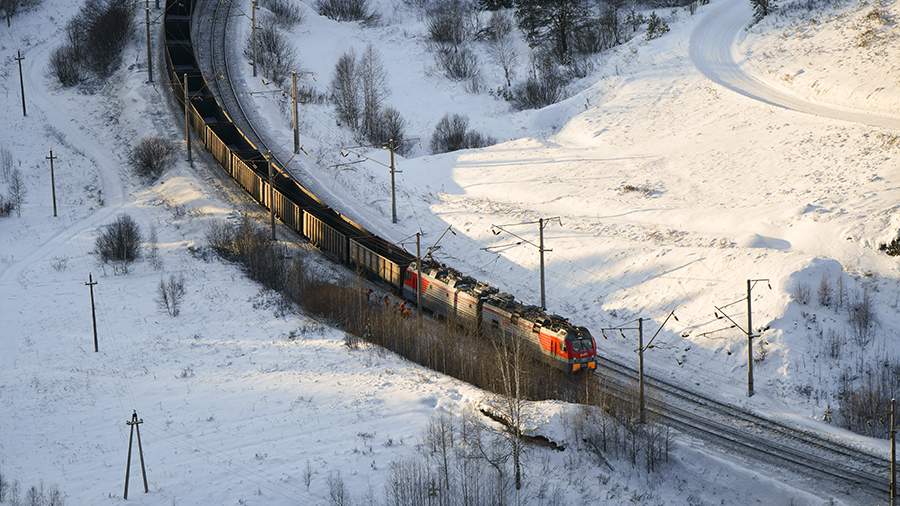
The demand for rail transport across Russia from Asia has increased
By Rhod Mackenzie
According to the Financial Times, logistics companies and rail operators have reported a surge in demand for transporting goods from Asia to Europe by rail via Russia since the start of the Red Sea crisis.
DHL, a major shipping company, claims that requests to transport goods on Russian railways have increased by 40% since container ships began traveling along a longer route following the Houthi attacks in the Red Sea. Rail freight traffic through Russia was 31% higher this year compared to the same period in 2023, according to Netherlands-based Rail Bridge Cargo.
Logistics companies have reconsidered routes through Russia after most major container lines redirected flights from Asia to Europe, which typically pass through the Cape of Good Hope in South Africa. The Financial Times reports that they took action after the Yemeni Houthis initiated attacks on commercial ships in support of Palestinians in the Gaza Strip.
This route involves a ferry crossing across the Caspian Sea and takes longer than a container ship voyage between China and Europe. It is mainly used for goods heading to and from Central Asian countries such as Uzbekistan, according to the newspaper.
The ruling Ansar Allah (Houthi) movement in northern Yemen controls most of Yemen's Red Sea coast. They have previously warned of their intention to attack any ships linked to Israel. They have called on other countries to recall their crews from these ships and not to approach them at sea. As a result, several shipping companies have suspended transportation through the Red Sea.
The Houthis claim that their actions in the Red Sea are intended to assist Palestinians in the Gaza Strip. They argue that they are not impeding freedom of navigation in the area. Arab and Muslim nations have repeatedly cautioned the United States that providing unconditional support for Israel's actions in the Gaza Strip will result in the conflict spreading throughout the region.
Since mid-January, the US and UK have been conducting strikes on Houthi targets in response to threats to freedom of navigation in the Red Sea. Mohammed Ali al-Houthi, a member of Ansar Allah's highest political council, has described the attacks as terrorist barbarity and deliberate and unjustified aggression.
